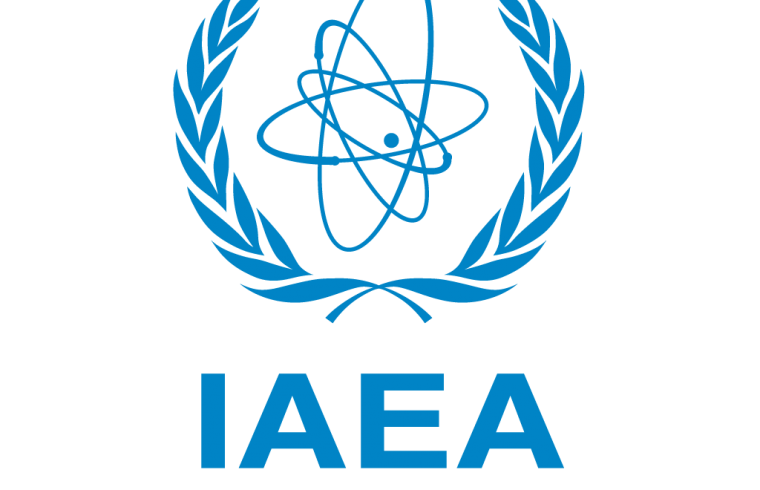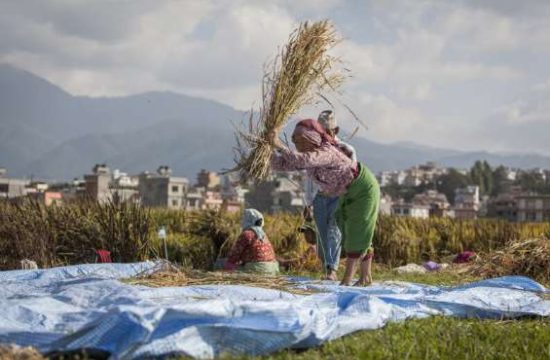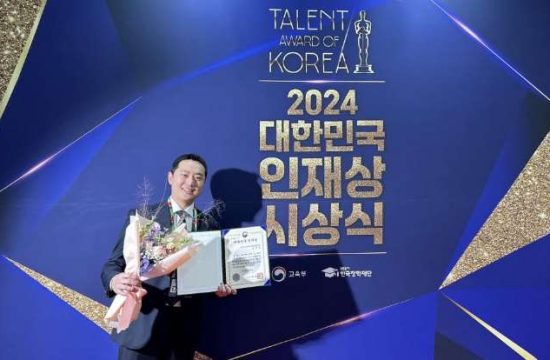The International Atomic Energy Agency (IAEA) and more than a dozen leading companies in the nuclear industry agreed to work together to foster the role of nuclear technology in addressing some of the world’s most pressing challenges.
At the meeting in Vienna on Wednesday, IAEA Director General Rafael Mariano Grossi calls the “amazing ability of the atom” to combat climate change, treat diseases, prevent hunger, and much else.
The Group of Vienna, an initiative of Director General Grossi that includes Chief Executives and Presidents of 13 prominent firms and utilities, held its inaugural meeting in the Austrian capital on the sidelines of the IAEA’s annual General Conference of its 173 Member States and issued a joint statement formally establishing the forum and outlining its objectives. Brazil’s Minister of Mines and Energy, Bento Costa Lima de Albuquerque Júnior, attended the meeting as a special guest.
In the meeting, participants will work to explore how the private sector and investors can partner with the IAEA in bolstering the deployment of nuclear technologies for peaceful purposes.
“Today’s meeting marks a milestone that in the coming years and decades will yield many substantive benefits,” Director General Grossi said. “The existential threats of our time require all actors to work together in order to secure a better future for coming generations. Respecting our different roles and responsibilities, there is much we can accomplish together.”
According to IAEA, the following companies are, together with the IAEA, the founding members of the Group of Vienna: China National Nuclear Corporation, Électricité de France, Eletronuclear, NAC Kazatomprom JSC, Mitsubishi Heavy Industries, Nucleoeléctrica Argentina, NuScale Power, Rolls Royce SMR, ROSATOM, SNC-Lavalin, Teollisuuden Voima Oyj, Urenco and Westinghouse Electric Company.
The Group of Vienna will support the IAEA in its mission to accelerate and enlarge the contribution of nuclear technologies to meet environmental, social, and economic goals and to improve the health and well-being of people. Annual roundtable meetings will be convened, with the possibility of inviting additional stakeholders depending on the topics to be discussed.
Nuclear technologies are widely used globally – directly or indirectly helping to improve the livelihoods of billions – but there is still considerable scope for further expansion.
“It is a great honor to host a meeting of such a prominent group of leaders in the nuclear industry. They represent all areas of the nuclear power sector and related nuclear fuel cycle activities,” Director General Grossi said.
Nuclear power is a key driver in the shift towards clean and modern energy generation and it can be part of the solution to the climate crisis. As a reliable and sustainable source of low-carbon energy, it has an important role to play in the increasingly urgent efforts to limit a relentless rise in temperatures causing more frequent extreme weather events. By providing continuous and dispatchable electricity, nuclear power ensures stability to electrical grids, further enabling the deployment of variable renewable energy sources such as solar and wind.
Nuclear techniques are also applied to strengthen food security by breeding more robust crops able to withstand drought and other severe consequences of a warming planet. In human health, another area where nuclear technology makes a very real difference, more than half of cancer patients require radiotherapy as part of their care and it is frequently used to treat the most common types, such as breast, cervical, colorectal, and lung cancer. Yet, access to radiotherapy is inadequate, particularly in low- and middle-income countries. Nuclear techniques are also applied to improve water and soil management and protection, address plastic pollution, and fight disease-carrying insect pests.
“In these and many other areas, nuclear technologies have much more to offer a world that is struggling to respond to the climate emergency and other urgent problems. I’m determined to do everything I can do as head of the IAEA to increase their contribution to meeting such challenges. The Group of Vienna will be a key pillar to expand these concerted efforts.”









